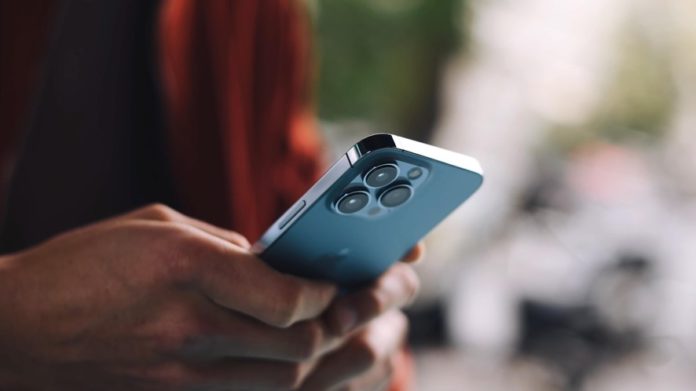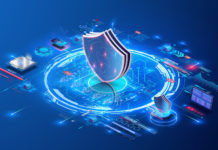Russian officials involved in the country’s 2024 presidential election have been told that they must not use iPhones because of the reported risk of inteference from Western intelligence.
The country’s daily politics and business newspaper, Kommersant (opens in new tab), reported that officials have until April 1 to find alternative devices.
The news came from Sergei Kiriyenko, First Deputy Chief of Staff of the Presidential Administration, who made the announcement at a government-organized seminar.
iPhones banned for Russian officials
Kremlin spokesman Dmitry Peskov explained that “smartphones should not be used for official business,” indicating that the country’s lack of trust isn’t specifically centered around Apple, adding: “any smartphone has a fairly transparent mechanism.”
The Moscow Times (opens in new tab) reports that the announcement was the “final word” of a discussion that had been taking place for several weeks.
A source familiar with the decision told Kommersant that the Kremlin may even offer to buy alternative devices for affected iPhone users to make the shift away from American technology easier.
The Kremlin subsequently advised iPhone users to replace them with Android devices, though even these may one day be banned as the country shifts to Chinese and Russian devices.
Many expect this to be the precursor to a larger move toward Aurora, a Linux-based mobile OS developed by the Russian telecoms giant Rostelecom’s subsidiary, Open Mobile Platform (though derived from a Finnish OS).
However, political scientist Nikolai Mironov sees no political incentive behind the decision to ban officials from using iPhones, citing a “purely pragmatic solution” and “no mass rejection of ‘unfriendly’ brands.”
The country has already sought to ban other Western technologies, like video conferencing platform Zoom, from official use in favor of home-grown alternatives, and while sanctions may have initially sent a tremor through the country the Kremlin is clearly adapting and overcoming many of the recent challenges it has faced.
Source: www.techradar.com










